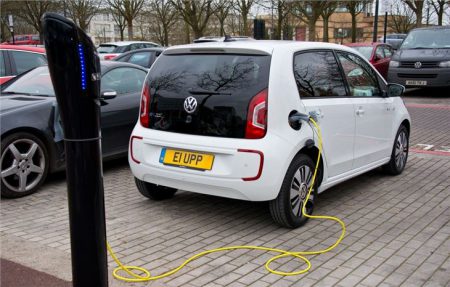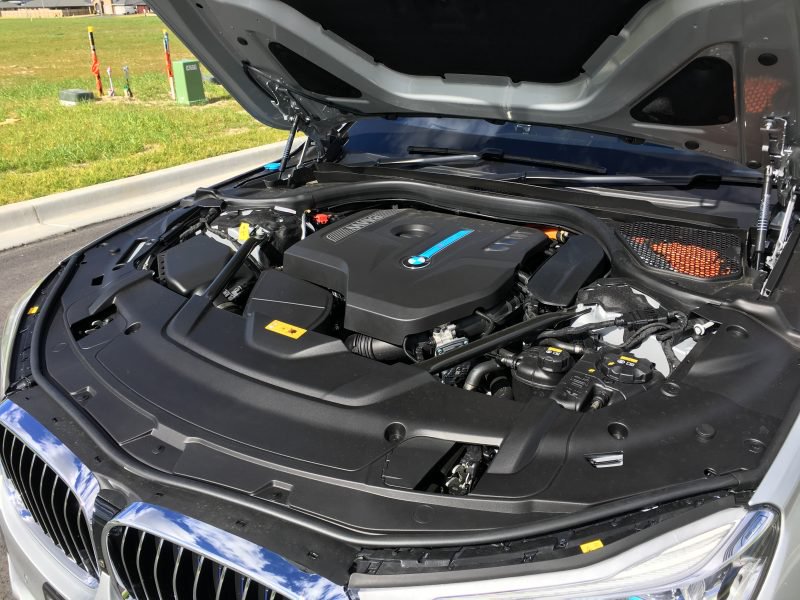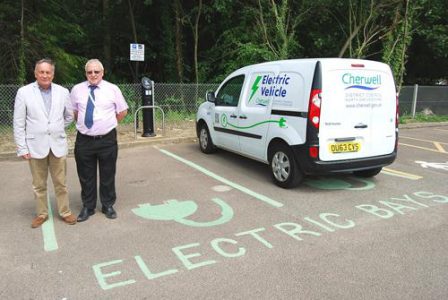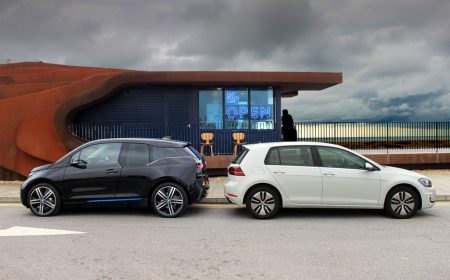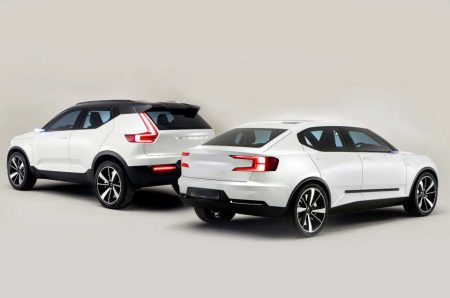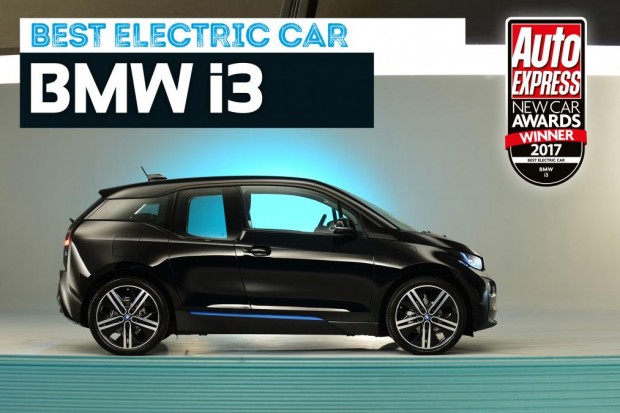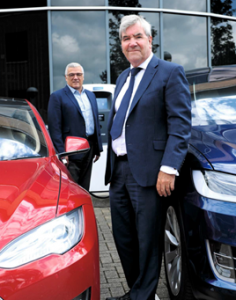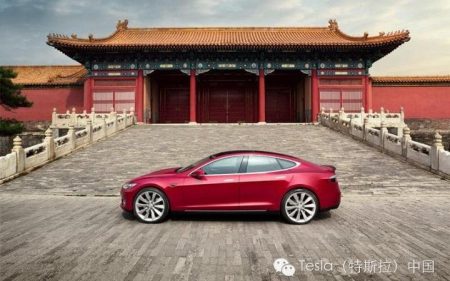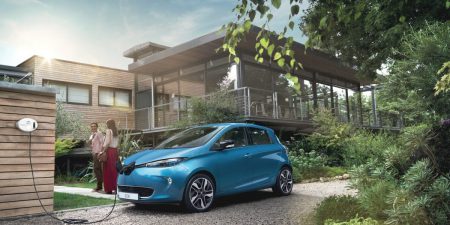Country already trails well behind Europe and PM’s backtracking on climate policies could widen the gap
The UK has fallen well behind the rest of Europe in the growth of electric vehicle sales and risks falling further back after Rishi Sunak’s “screeching U-turn” on its climate policies, according to industry analysts.
UK sales of electric vehicles grew by 31% in the 12 months to July, one of the slowest rates of growth in Europe, according to data analysed by Cornwall Insight and the law firm Shoosmiths.
The research revealed the UK’s electric vehicle (EV) growth rate fell well behind the near 61% increase in sales across the 27 EU nations. The report blamed a lack of public charging infrastructure in the UK, and warned that the government’s decision to delay a ban on the sale of new combustion engine vehicles could shake investor confidence.
The prime minister announced plans to push back the ban on new fossil fuel vehicles from 2030 until 2035 as part of a significant watering down of the government’s key climate policies designed to help Britain become net zero by 2050.
The unexpected U-turn has led to confusion among carmakers and electric vehicle infrastructure investors by raising uncertainty over how soon British drivers will make the switch to electric options. This could further delay expansion of charging networks, according to the report.
Read more: TheGuardian
It’s Time to Go Green!
If you would like to know more about Solar Panels and the PowerBanx range of home battery systems, and get a free instant quote, please complete our online form:


